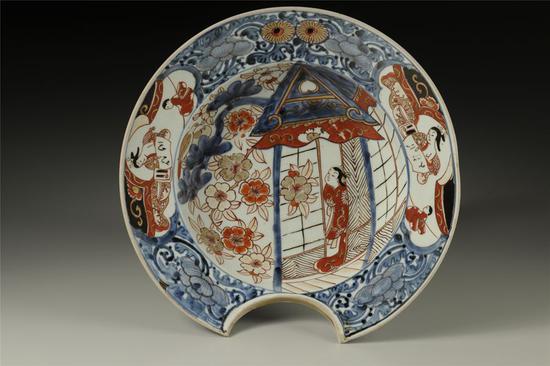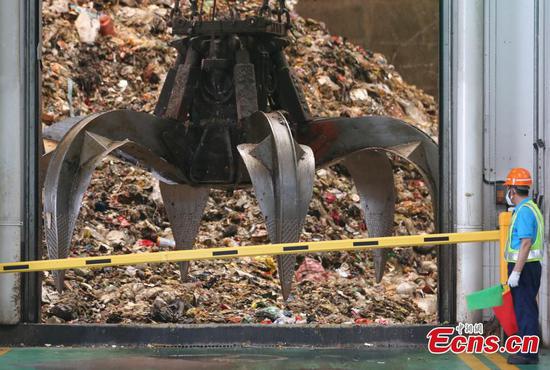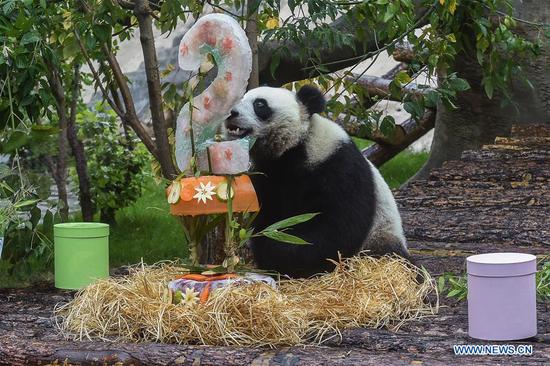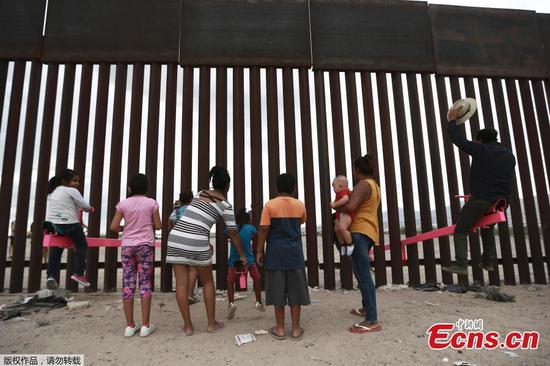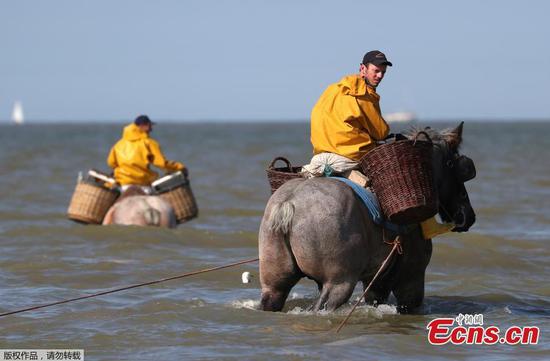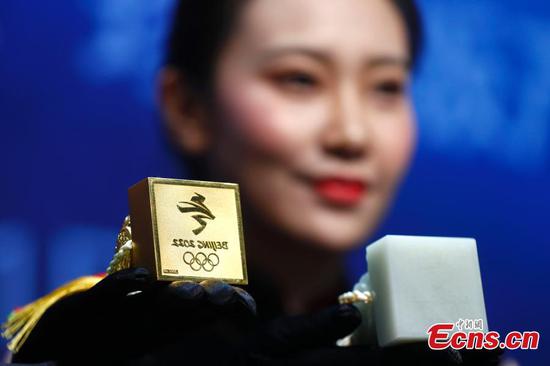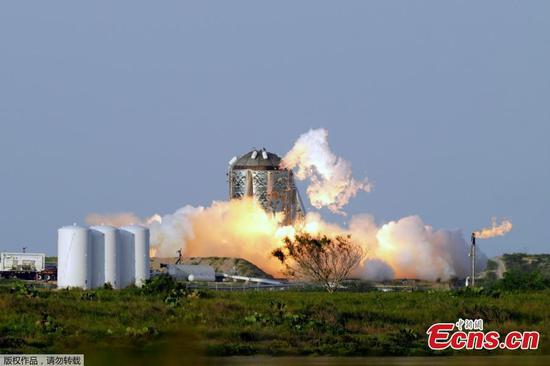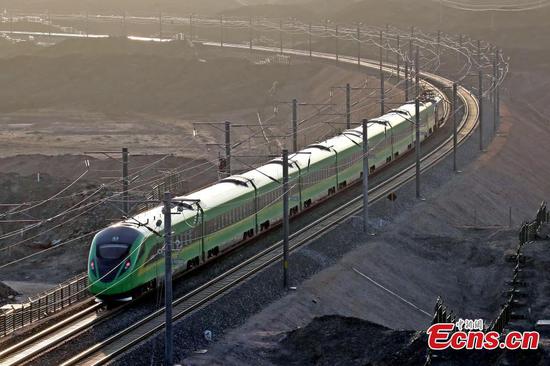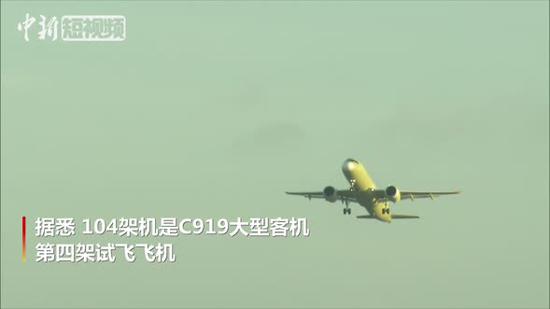Chinese and U.S. negotiators on Wednesday wrapped up in Shanghai the 12th round of high-level economic and trade consultations between the world's top two economies and agreed to reconvene in September.
During the past two days, the two sides conducted frank, efficient and constructive in-depth exchanges on major issues of common concern in the field of economy and trade.
The talks came after Chinese President Xi Jinping and his U.S. counterpart, Donald Trump, met in late June in Japan and agreed to restart, on the basis of equality and mutual respect, their countries' trade talks, which had broken down due to U.S. unilateral escalation in May.
While the resumption of talks should be welcomed as an important step to bring back on track the two sides' efforts to normalize their trade relations, we shouldn't expect future talks to be plain sailing.
This is determined by the complexity of China-U.S. trade, which calls for determination and perseverance to carry on talks in face of hindrances.
While China has always been determined to achieve a mutually beneficial agreement through joint efforts on the basis of mutual respect and equal treatment, Washington has kept flip-flopping and jacking up its demands.
Ahead of the Shanghai talks, Washington resorted to its same old trick again by threatening to strip countries, including China, of their developing-country status in the World Trade Organization. Such cheap pressure tactics have never worked.
To truly implement the consensuses reached by the heads of state of the two countries, Washington should abandon the zero-sum mindset and embrace win-win cooperation.
At the talks, the two trade teams also discussed the increased purchase of U.S. agricultural products by China according to its own domestic needs, and favorable conditions to be offered by the U.S. side for the purchase.
While China hawks in Washington have long circulated misleading rhetoric about bilateral trade, the truth is that China and the United States are strongly complementary in agricultural trade and other economic areas, and have huge room for cooperation.
Given the fact that agricultural trade between the two countries has borne the blunt of their trade frictions, it is clear now that win-win cooperation, not the zero-sum game, should be the key feature of China-U.S. trade relations.
As both sides move forward to future trade talks, Washington hardliners could again increase pressure on the White House.
In fact, as this round of China-U.S. trade talks was underway, Chuck Schumer, Democratic leader in the U.S. Senate, pressed the Trump administration not to "sell out" to Beijing, because "this is a game of who is stronger and who can last longer."
The White House should resist those China hawks' clamor because they have overlooked the fact that the purpose of any trade talks is to find common ground and accomodate each other's reasonable concerns while upholding one's own bottom line.















